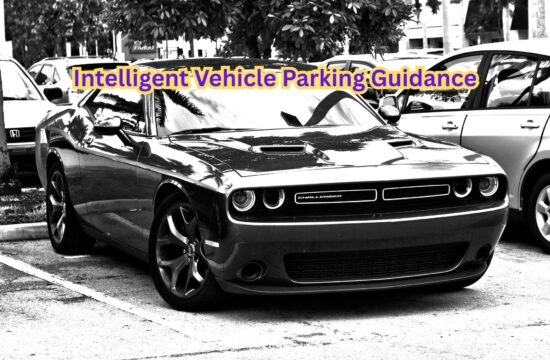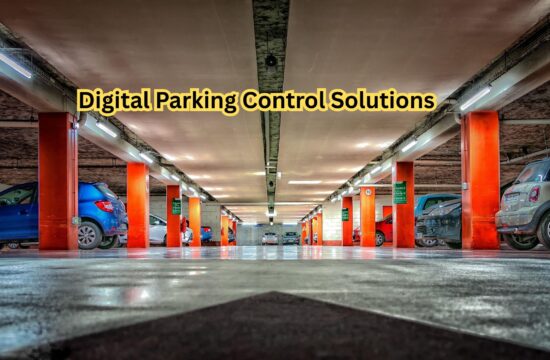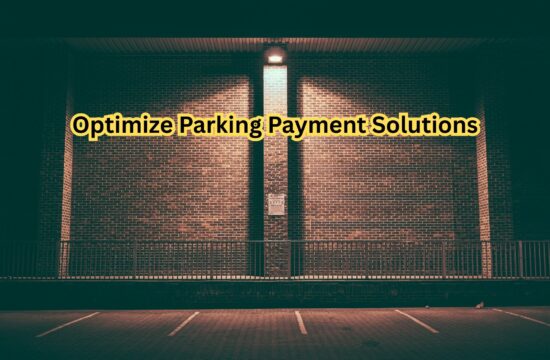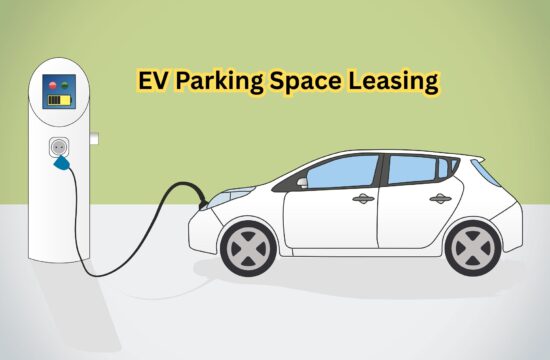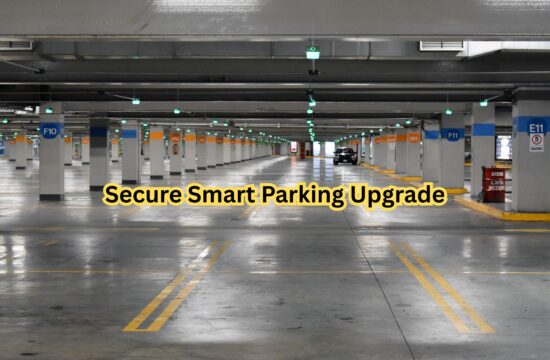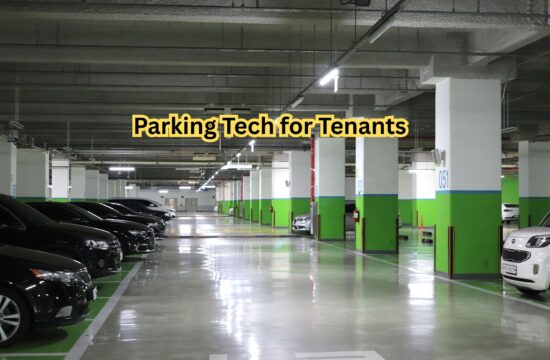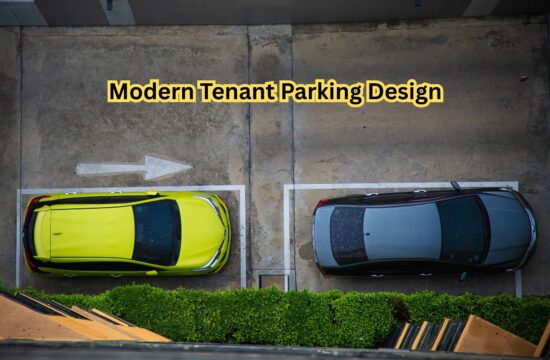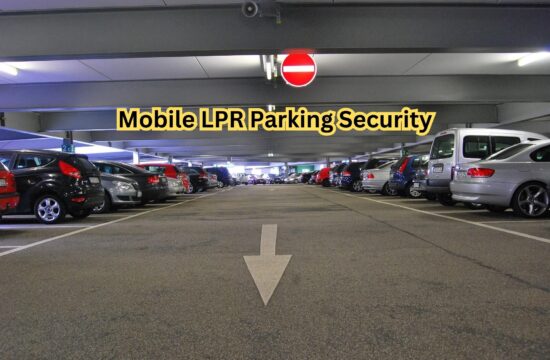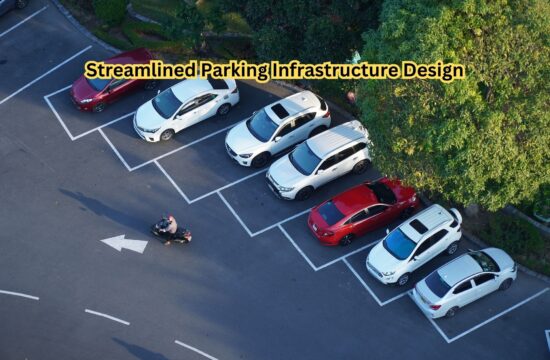AI Transforms City Parking by increasing efficiency, decreasing traffic, and optimizing space. AI Transforms City Parking with AI-powered solutions for automated payments, smart enforcement, and real-time availability tracking, which are being adopted by cities worldwide. These developments make urban mobility more intelligent and practical. AI Transforms City Parking by streamlining parking, enhancing traffic flow, and providing drivers with a smooth experience.
Smart Parking Solutions
Real-time parking availability updates are provided by AI-driven smart parking systems that make use of sensors, cameras, and data analytics. These solutions improve traffic congestion and reduce fuel usage by cutting down on the amount of time spent looking for parking. By improving parking efficiency, sustainability, and driving convenience in congested urban settings, this innovation improves urban mobility.
License Plate Recognition (LPR) Technology
Physical tickets or access cards are no longer necessary thanks to AI-powered License Plate Recognition (LPR) technology, which enables smooth entry and exit from parking lots. This lowers operating expenses while improving efficiency, security, and convenience. LPR technology simplifies parking management, enhances user experience, and facilitates more intelligent urban mobility solutions by automating access control.
Predictive Analytics for Parking Demand
AI uses real-time inputs and historical data to forecast parking demand through predictive analytics. This makes it possible for municipal planners to improve urban transportation, upgrade infrastructure, and optimize parking regulations. AI helps ease traffic, reduce congestion, and provide more effective, data-driven parking solutions for more intelligent city planning by predicting demand.
Automated Parking Enforcement
Authorities may effectively monitor parking offenses thanks to AI-driven enforcement systems. Automated methods improve adherence to rules, identify illegal parking, and issue digital citations. AI increases accuracy, expedites processes, and guarantees equitable parking management by lowering the need for manual enforcement. Better traffic flow and more intelligent urban transportation solutions are made possible by these advancements.
Automated Parking Enforcement
Authorities may effectively monitor parking offenses thanks to AI-driven enforcement systems. Automated methods improve adherence to rules, identify illegal parking, and issue digital citations. AI increases accuracy, expedites processes, and guarantees equitable parking management by lowering the need for manual enforcement. Better traffic flow and more intelligent urban transportation solutions are made possible by these advancements.
The Role of AI in Reducing Emissions
By cutting down on idle time spent looking for parking, AI lowers carbon emissions. In addition to reducing traffic and fuel consumption, smarter parking solutions maximize space utilization. AI makes cities cleaner, greener, and more habitable for commuters and inhabitants by increasing efficiency, supporting sustainable city development, and improving air quality and eco-friendly urban mobility.
Future of AI in City Parking
Cities will change as AI develops thanks to developments like data-driven urban planning, fully automated parking garages, and integration of self-driving cars. AI opens the door to more intelligent urban mobility by increasing productivity, easing traffic, and optimizing available space. These developments improve convenience and change the infrastructure of cities in the future by fostering more tech-driven, sustainable environments.



